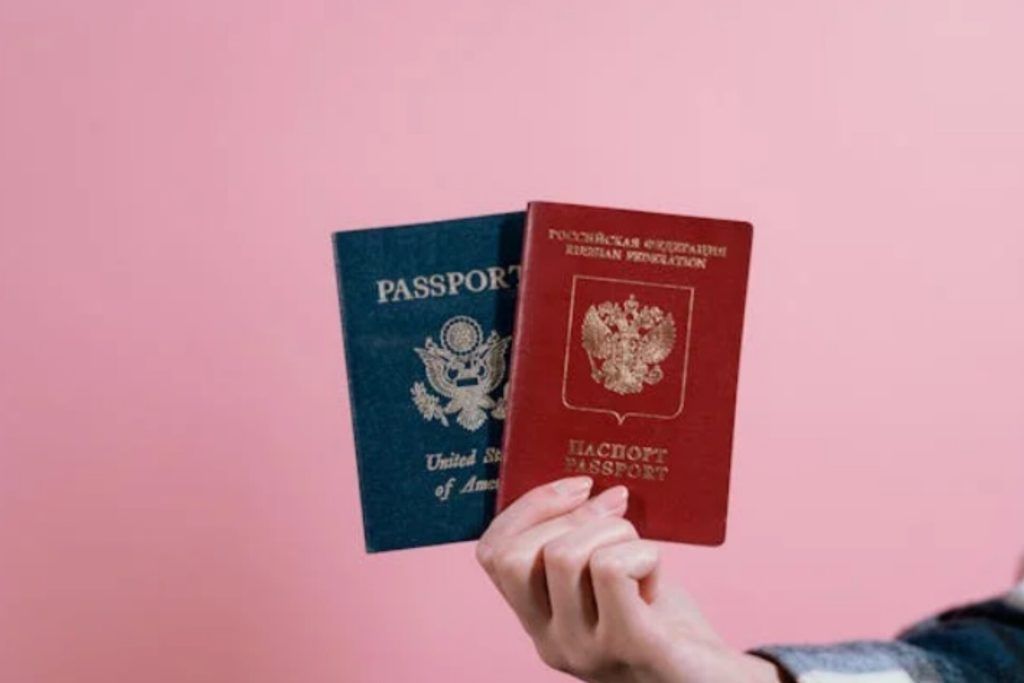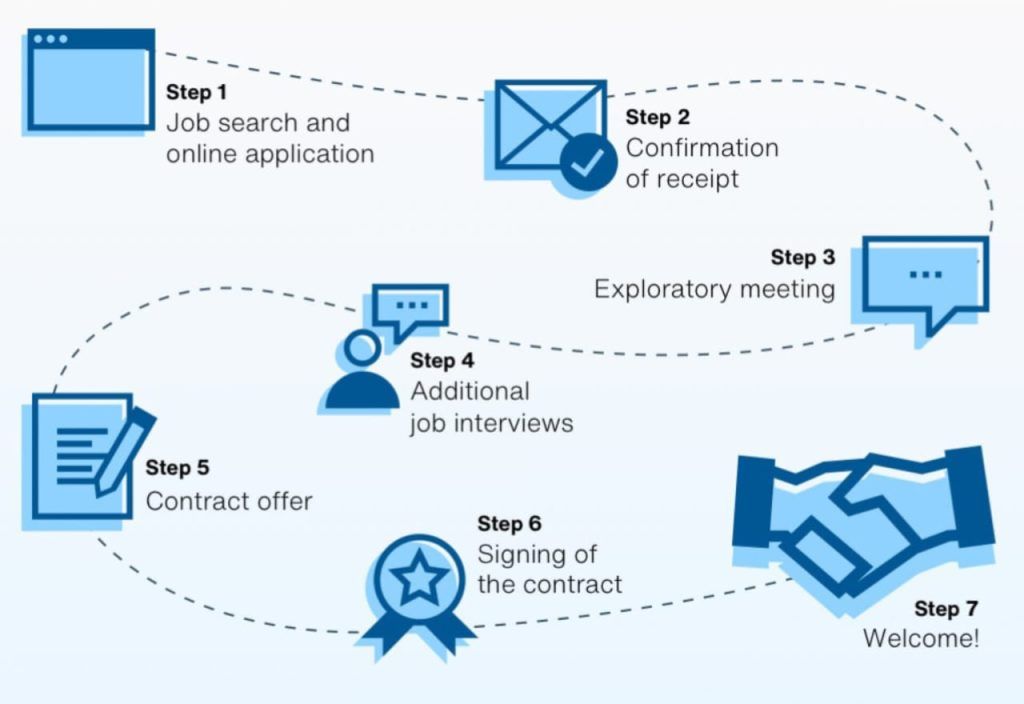
Traveling abroad can be a thrilling experience, but it’s important to stay mindful of your visa’s expiration date. Whether you’re studying, working, or simply exploring, extending your stay may require a visa extension. Here’s a guide to help you understand how visa extensions work and what you need to do to stay legally in a foreign country.
What Is a Visa Extension?
A visa extension allows you to legally prolong your stay in a country beyond the original duration granted by your visa. Different countries have different rules and processes for extending visas, but the general idea is to submit an application to extend your current visa’s expiration date.
When Should You Apply for a Visa Extension?
It’s crucial to start the extension process well before your visa expires, usually at least 30 days prior. Waiting until the last minute could lead to unnecessary stress or even legal complications, such as overstaying your visa, which could result in fines, deportation, or future travel restrictions.
Eligibility for Visa Extensions
Visa extension eligibility depends on the visa type you hold. For example:
- Tourist visas can sometimes be extended, but some countries require you to leave and reapply for a new one.
- Student visas may be extended if you’re continuing your studies or participating in an internship program.
- Work visas may be renewed based on your employment contract, or if your employer sponsors your stay.
Check the specific criteria in the country where you’re staying, as each country sets its own guidelines.
Requirements for a Visa Extension
While requirements vary by country, the typical documents you may need include:
- A completed visa extension application form
- Proof of financial stability to support your extended stay (bank statements, employment verification, etc.)
- A valid passport with a certain number of blank pages
- Reason for extension, such as a letter from your employer or school
- Proof of accommodation during your extended stay
- Visa extension fee, which varies based on the country
The Application Process

The visa extension application process usually involves the following steps:
- Complete the application: Fill out the required forms online or on paper. Ensure all information is accurate.
- Submit required documents: Gather all the necessary documents as outlined by the immigration department. Some countries require in-person submission, while others allow you to submit applications online.
- Pay the fee: The cost of a visa extension can vary significantly. Be sure to pay it during the submission process.
- Attend an interview (if necessary): Some countries may require a short interview to discuss the reasons for your extended stay.
- Wait for processing: Processing times vary, so check with the immigration office. Some countries offer expedited services for an additional fee.
Common Challenges and Tips for a Smooth Process
Documentation issues: Always double-check that your documents are complete and accurate.
Timing: Apply early to avoid overstaying. Some countries are stricter than others when it comes to late applications.
Changes in visa policy: Make sure you stay updated on any changes to visa extension policies in your host country
Alternatives to Visa Extensions
If your visa extension request is denied, or if extending your visa is not an option, you might consider these alternatives:
- Border hopping: This involves leaving the country before your visa expires and re-entering to obtain a new visa. This isn’t always allowed, so check the country’s visa rules.
- Apply for a new visa: In some cases, it may be easier to apply for a different visa category, such as transitioning from a tourist visa to a student or work visa
Overstaying Your Visa: Consequences
Overstaying a visa can lead to:
- Fines
- Deportation
- Future travel bans or restrictions
- Difficulty obtaining visas in the future
Always make sure to follow visa regulations to avoid these penalties
Extending your visa is a process that requires planning, preparation, and understanding of the local laws. By knowing the rules, starting your application early, and providing the correct documentation, you can successfully extend your stay and avoid legal issues. Remember to check with the local immigration office or embassy for country-specific requirements and guidelines.
